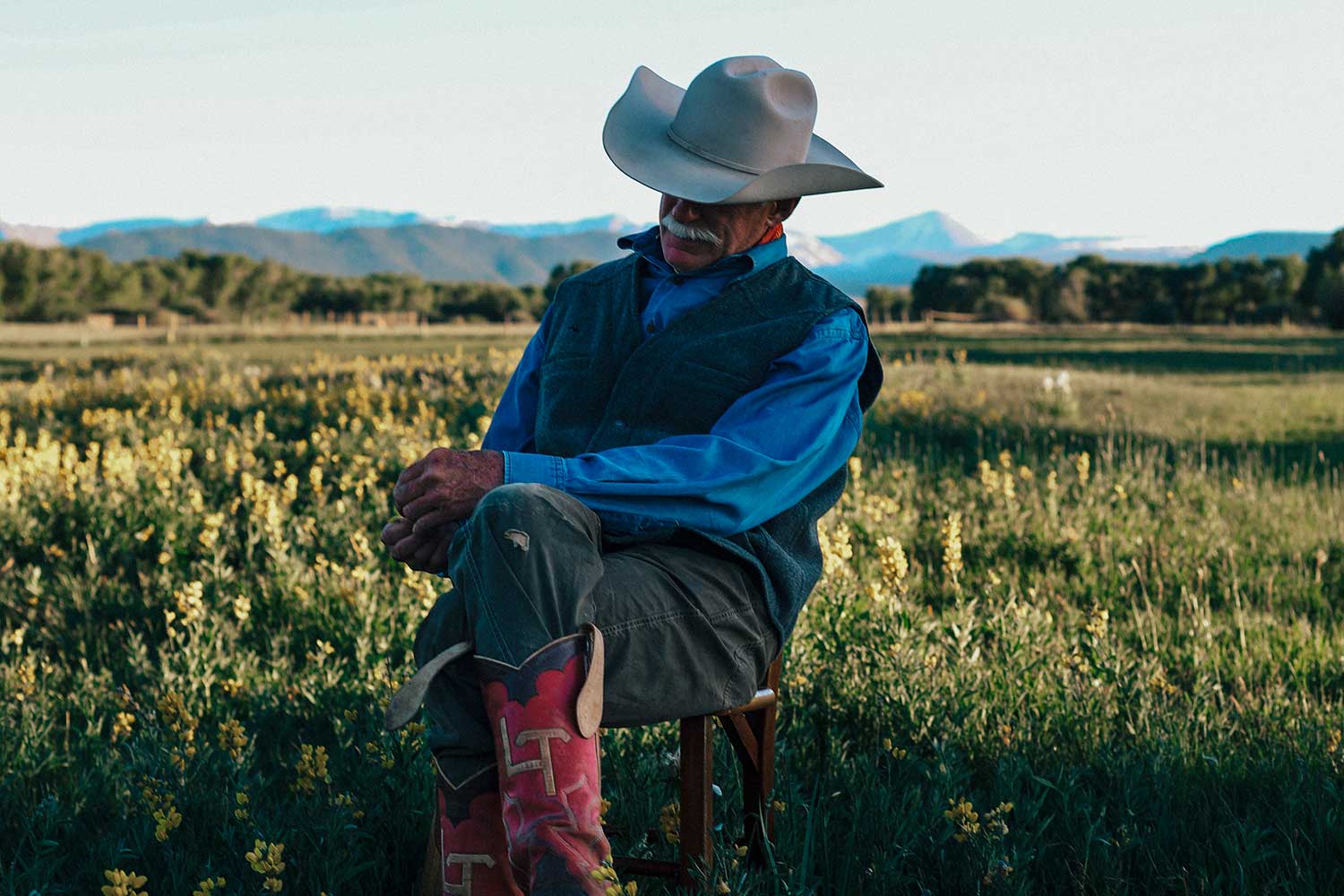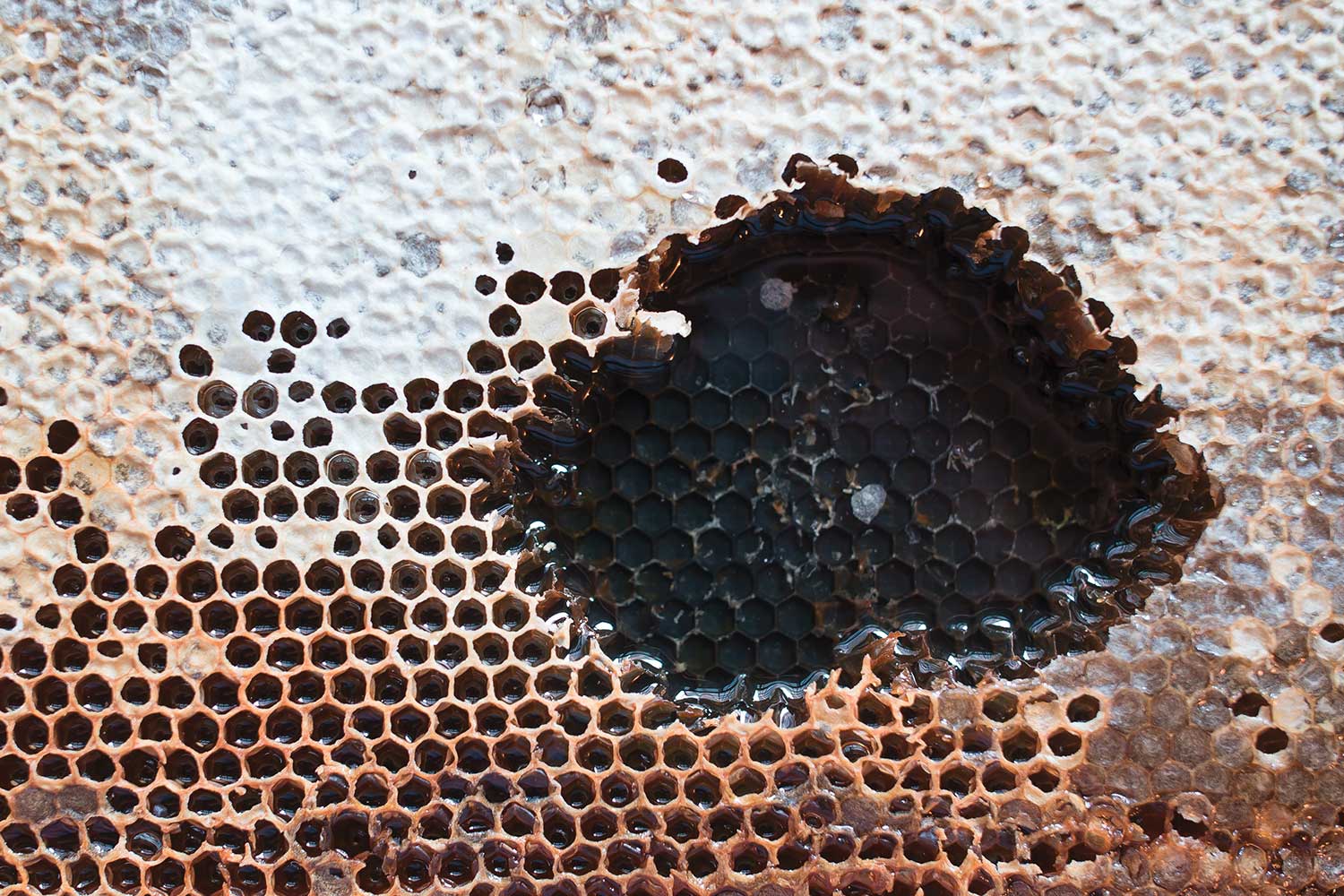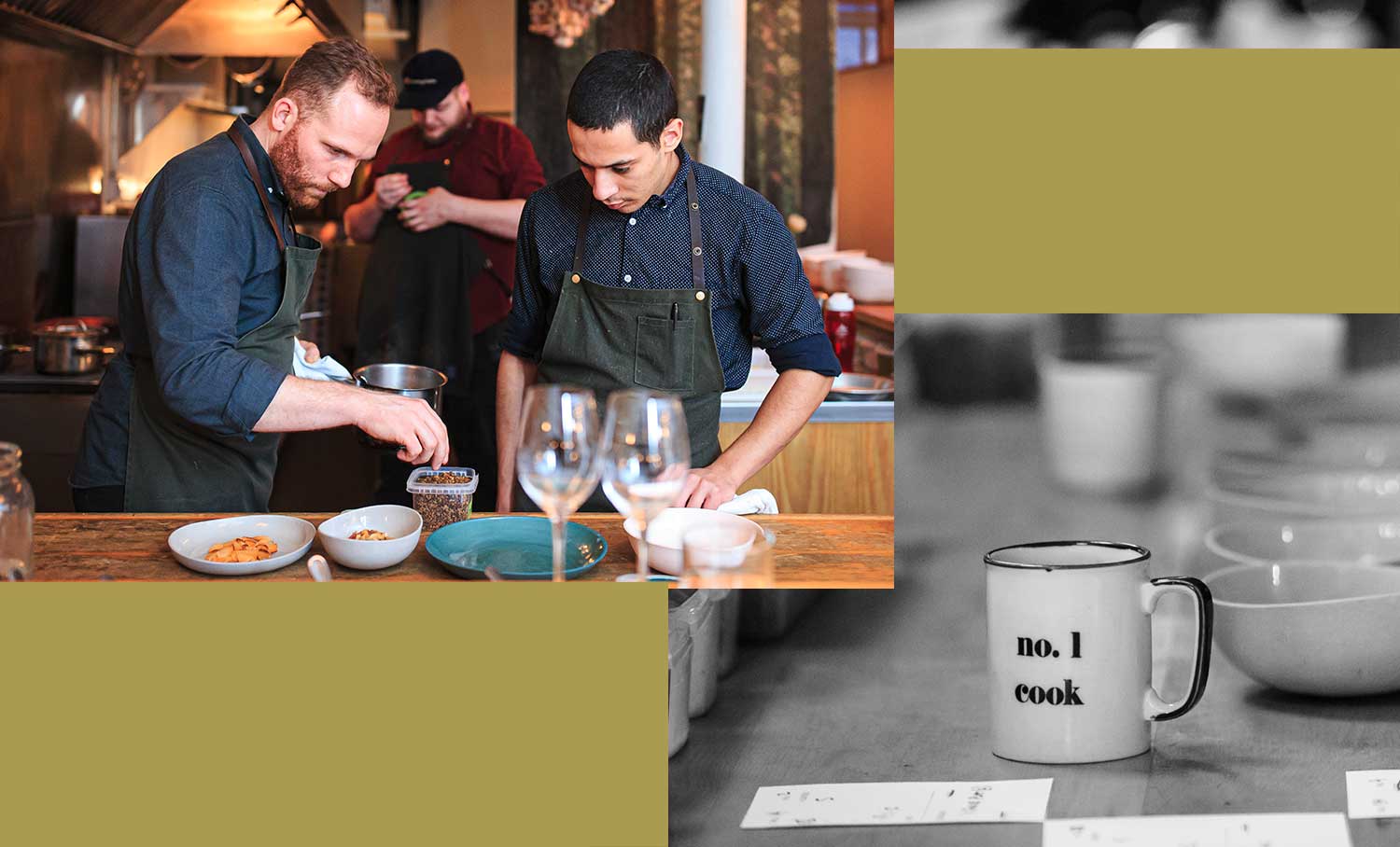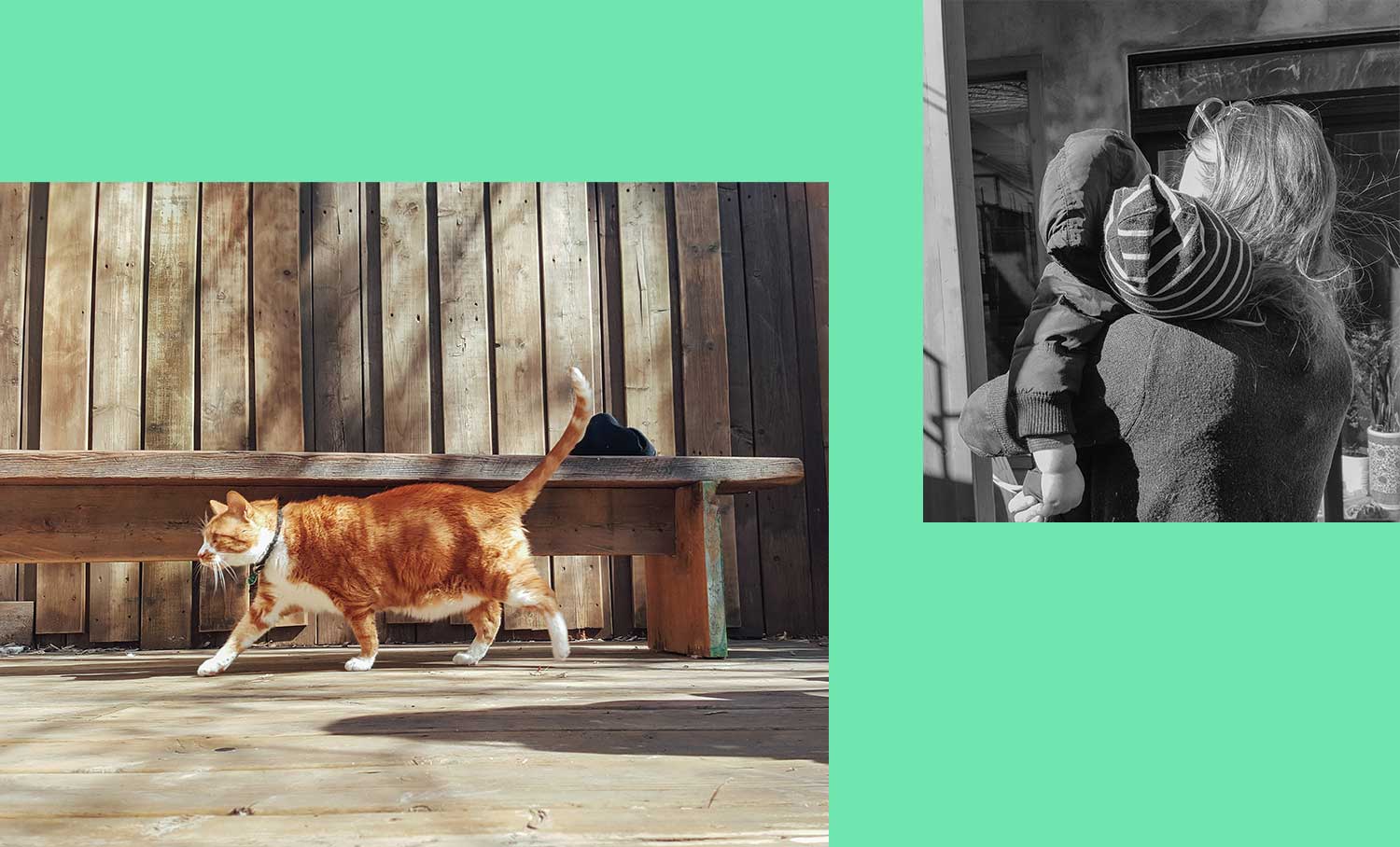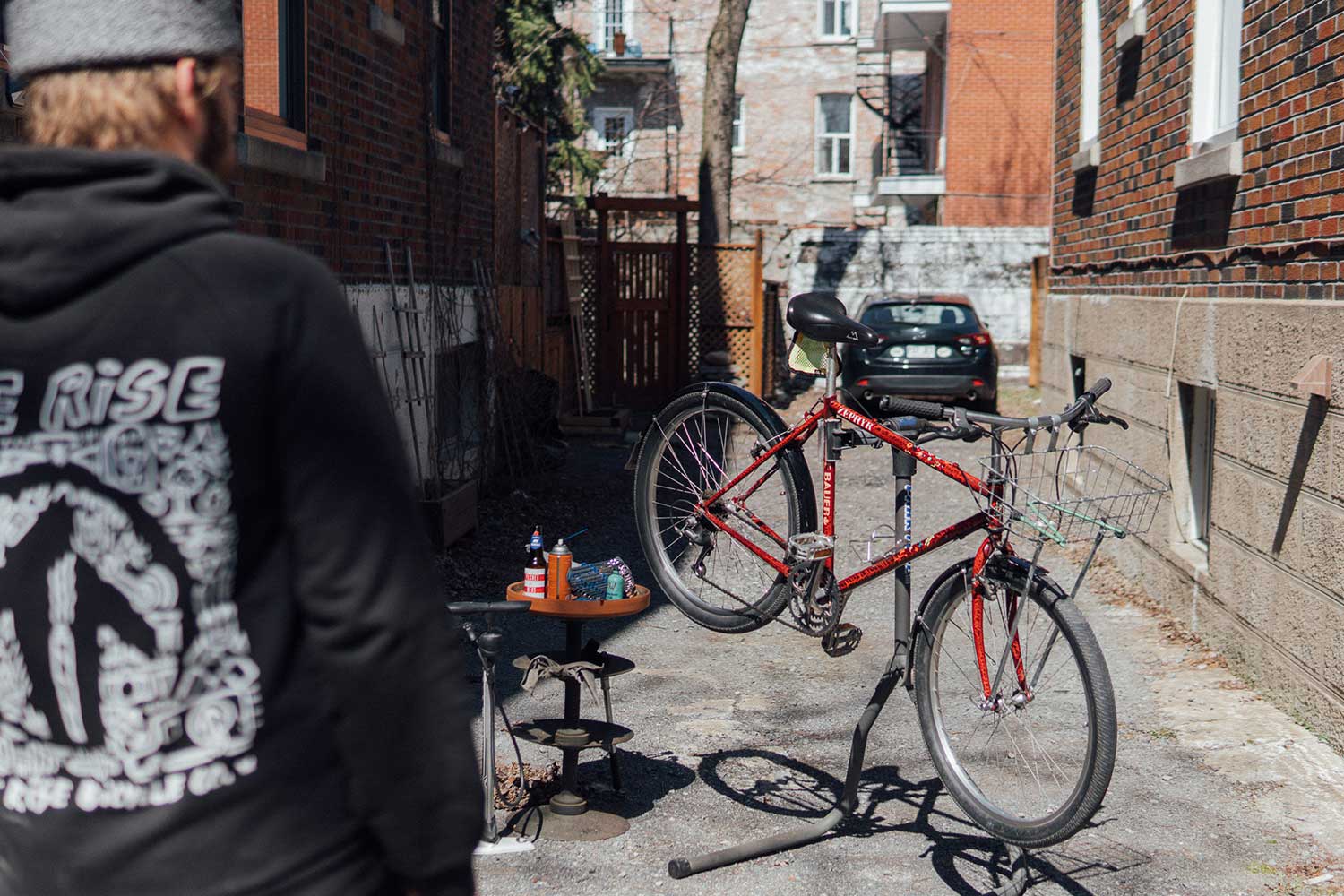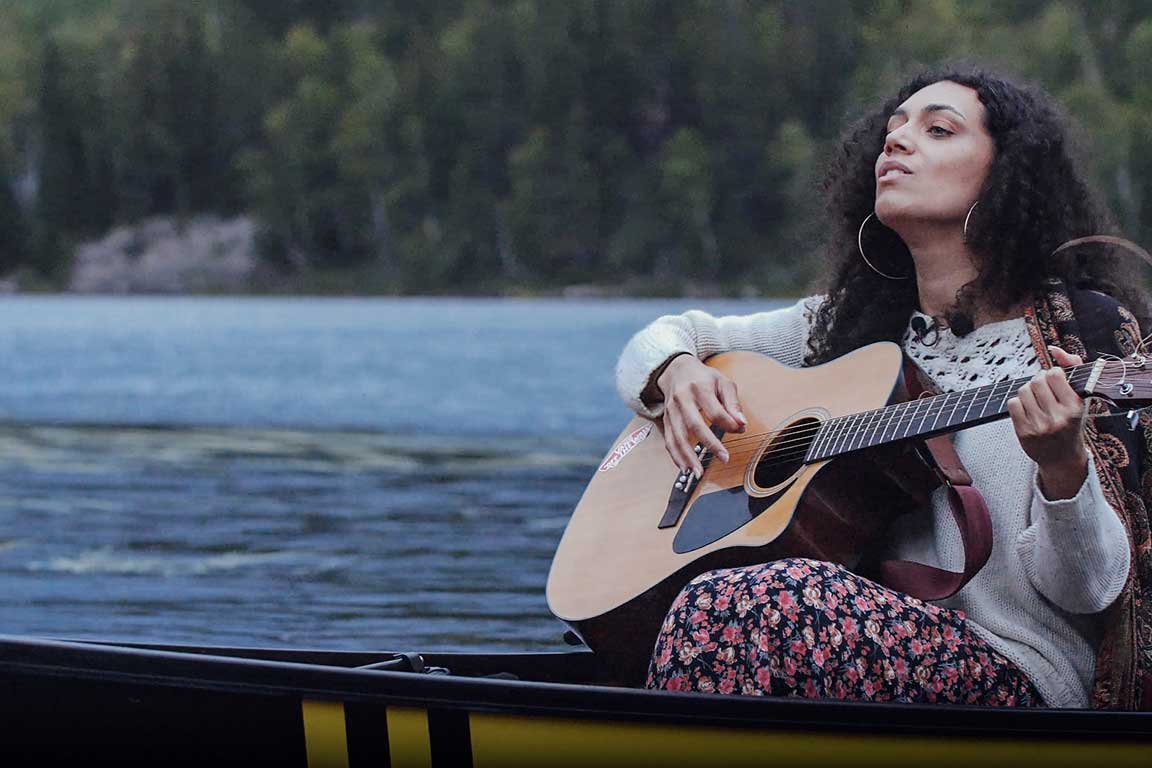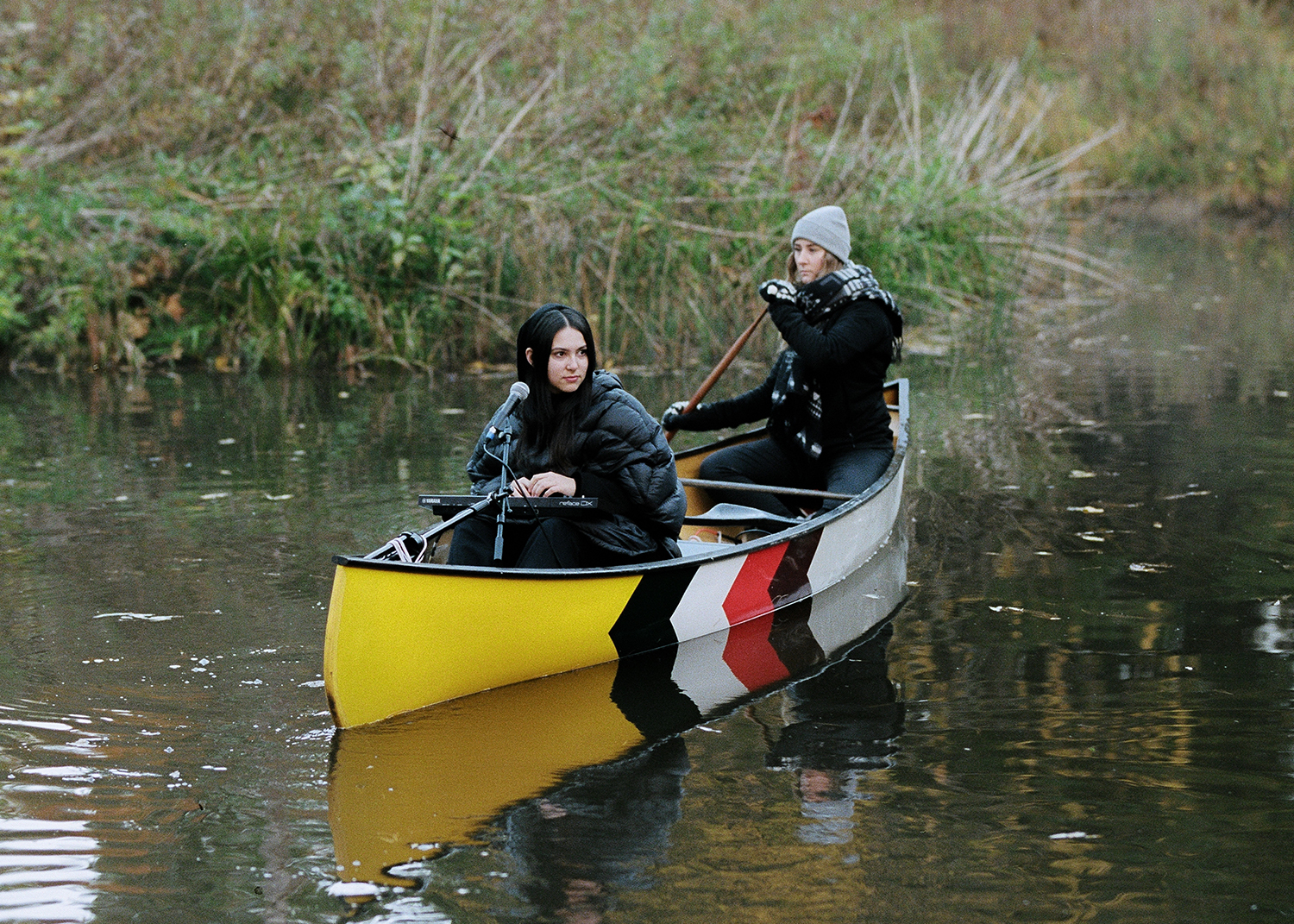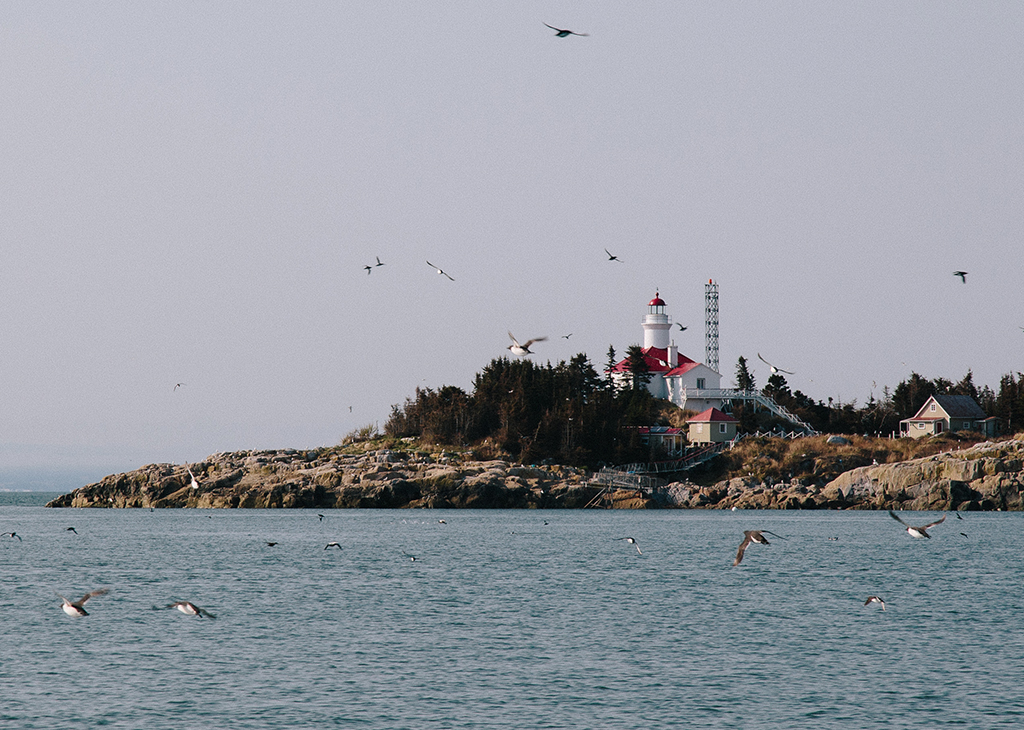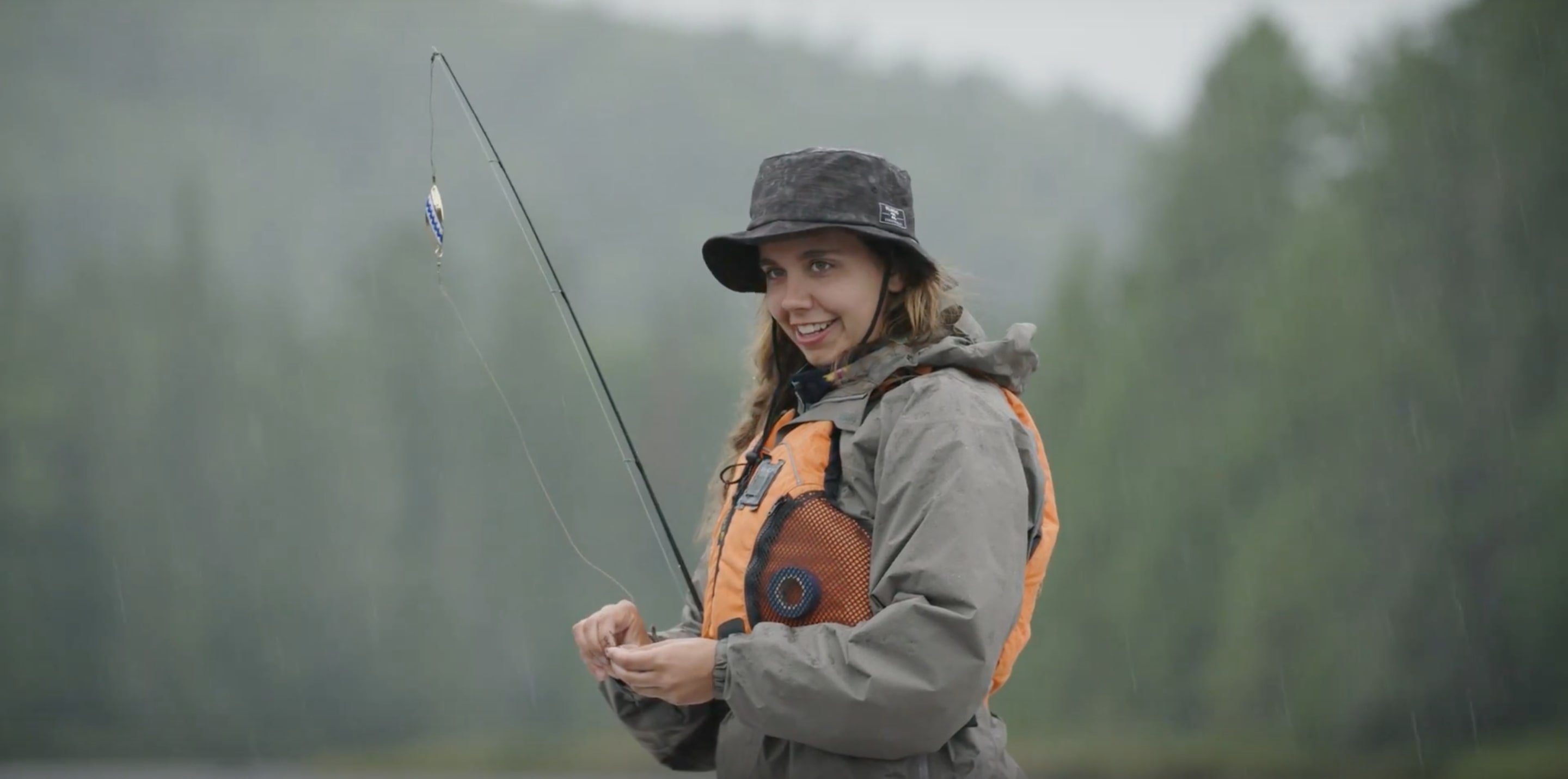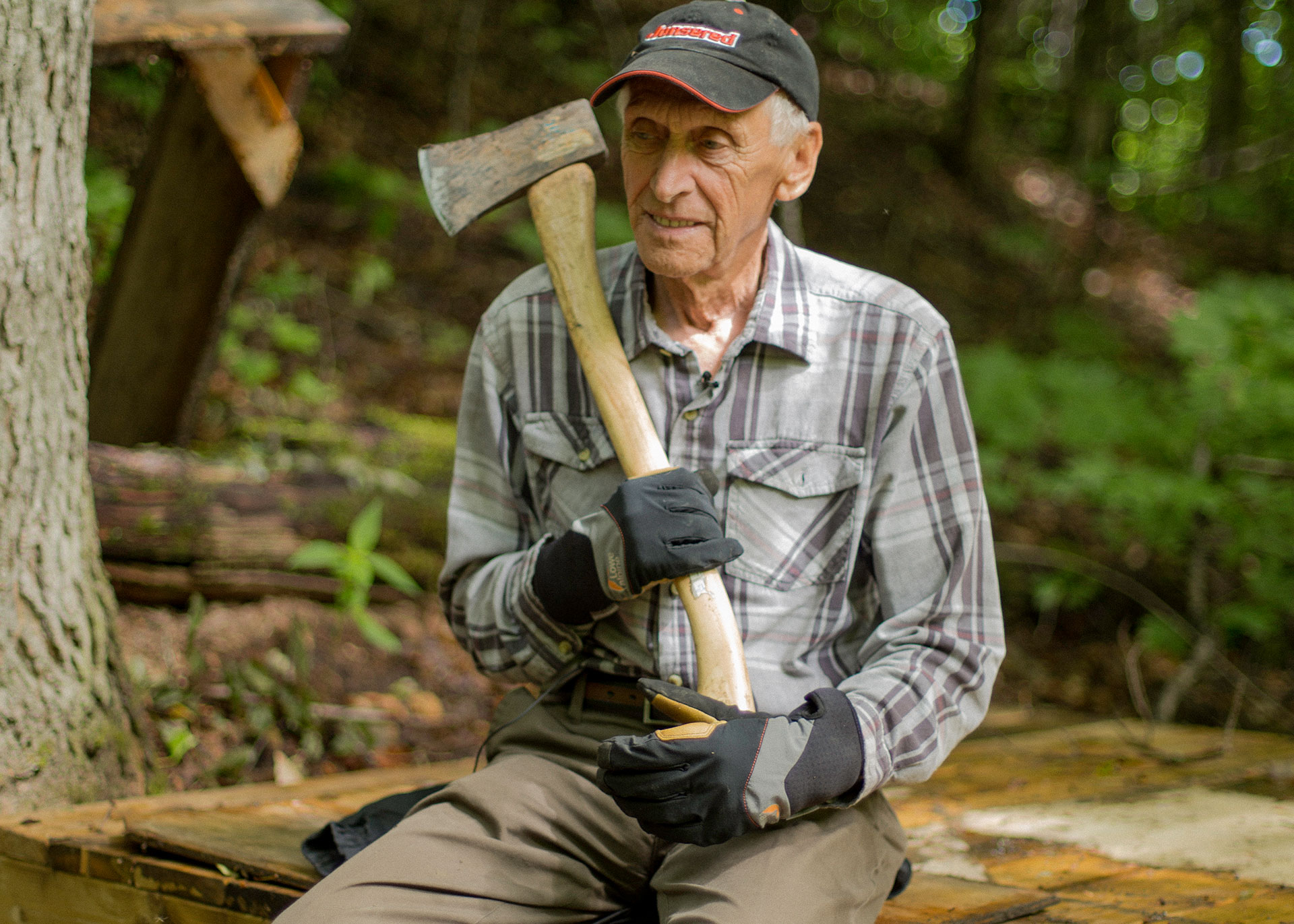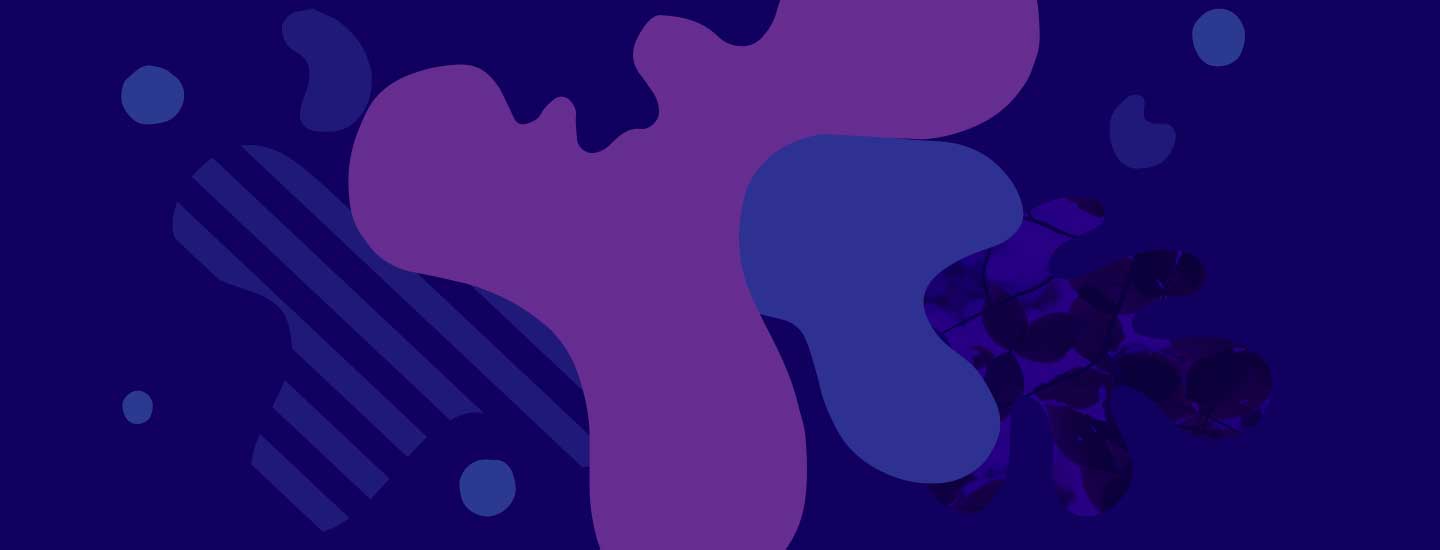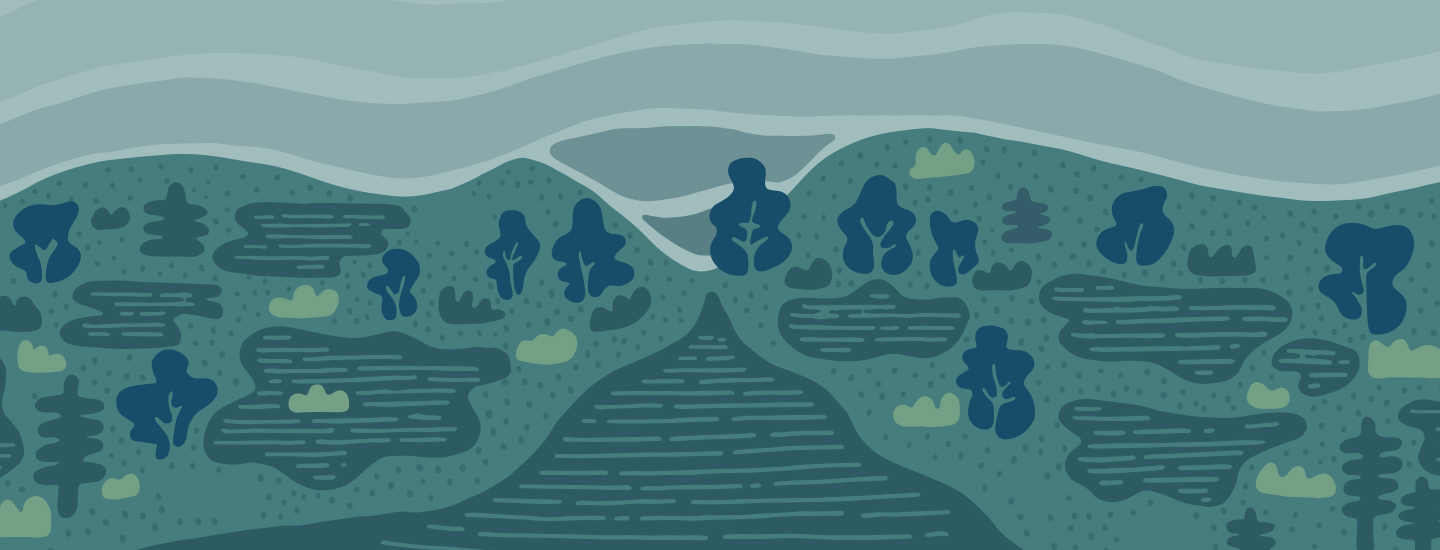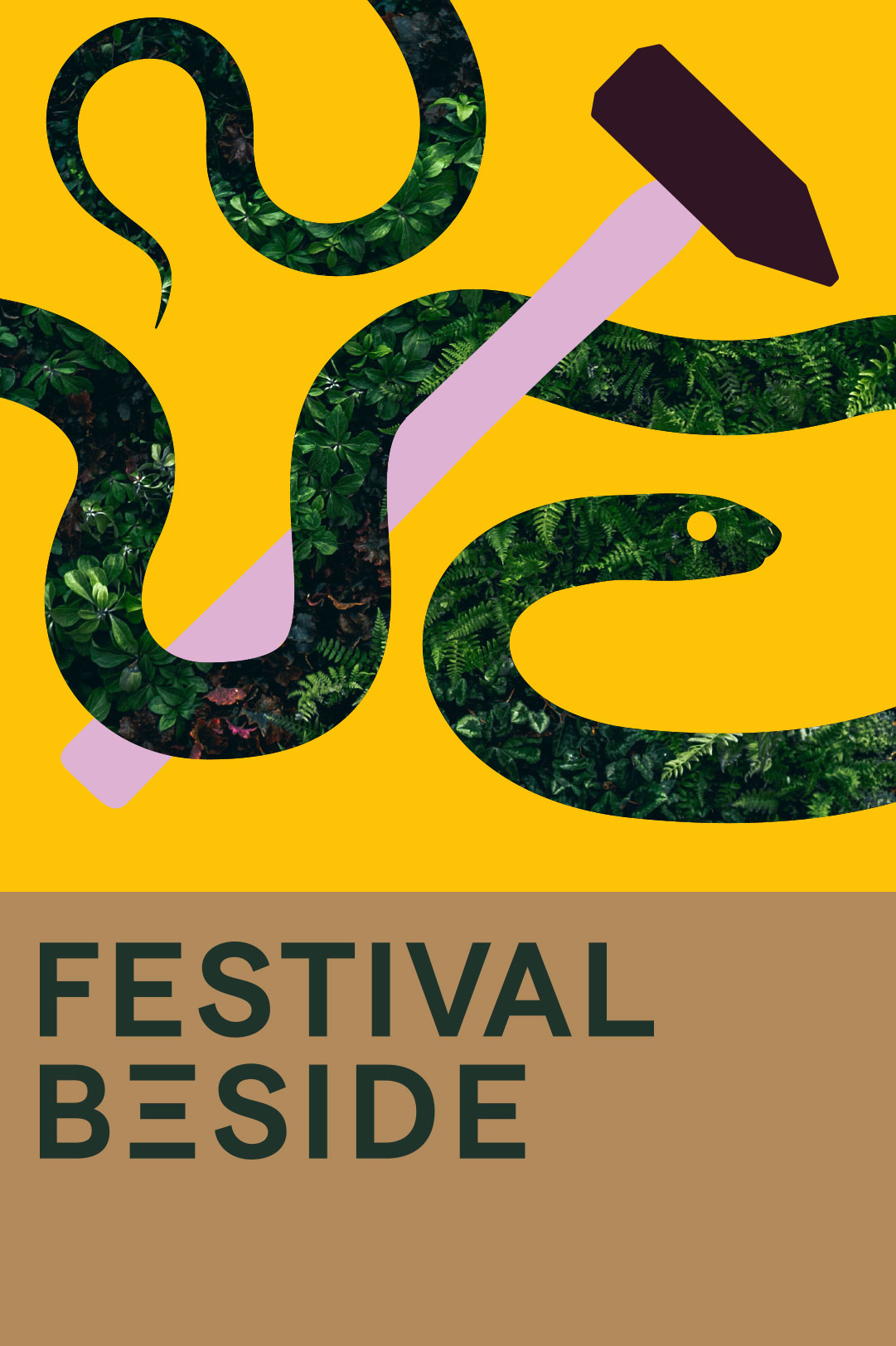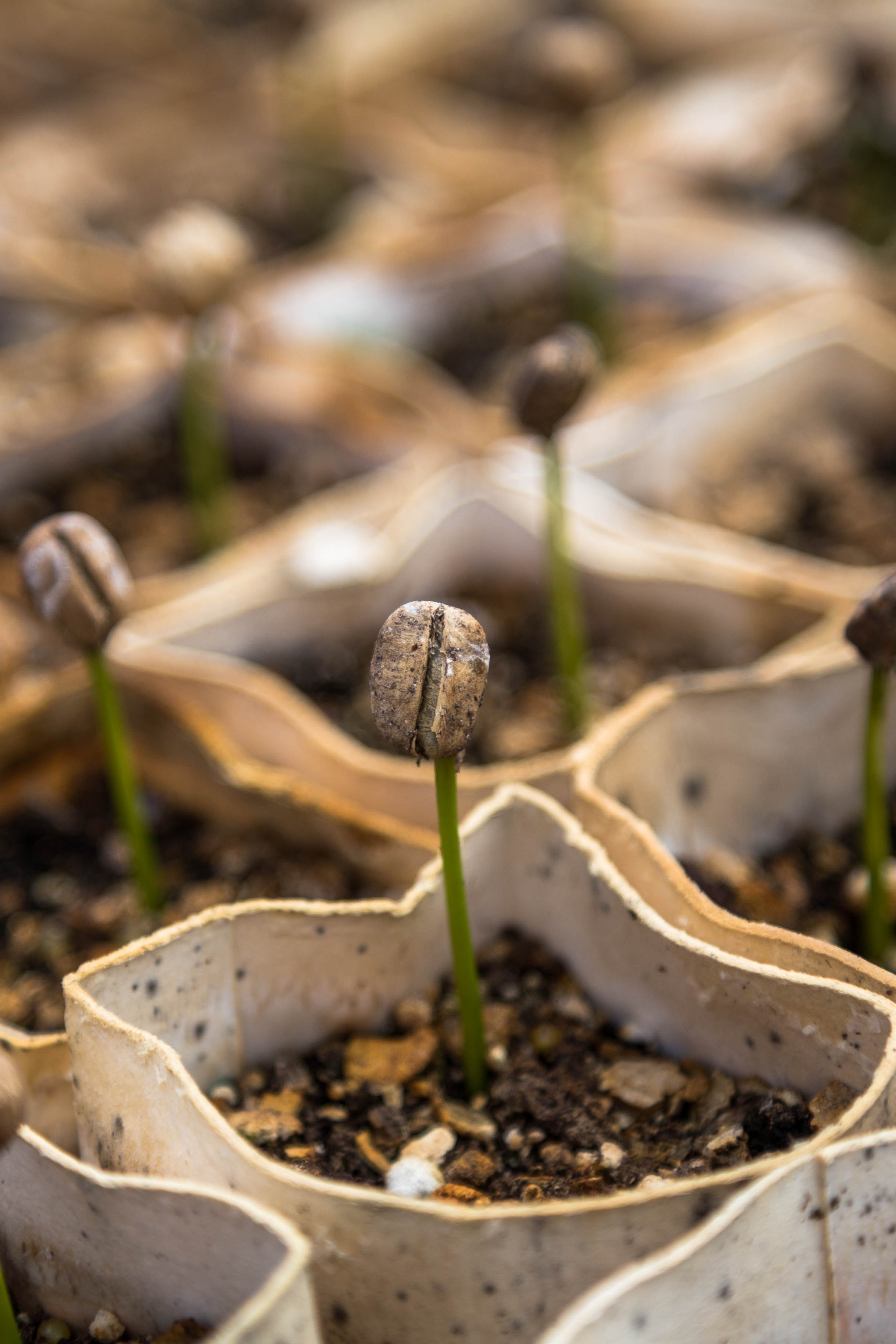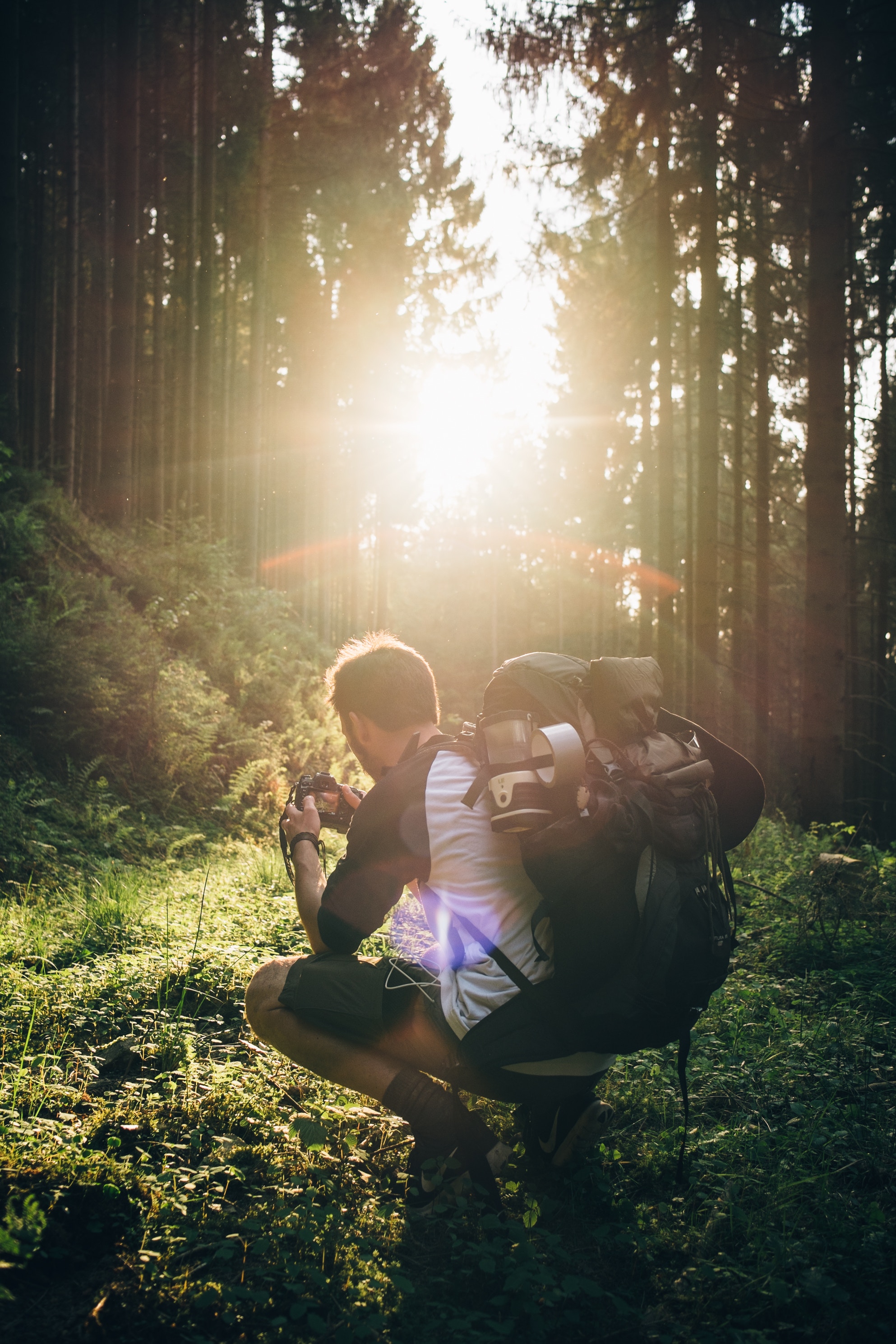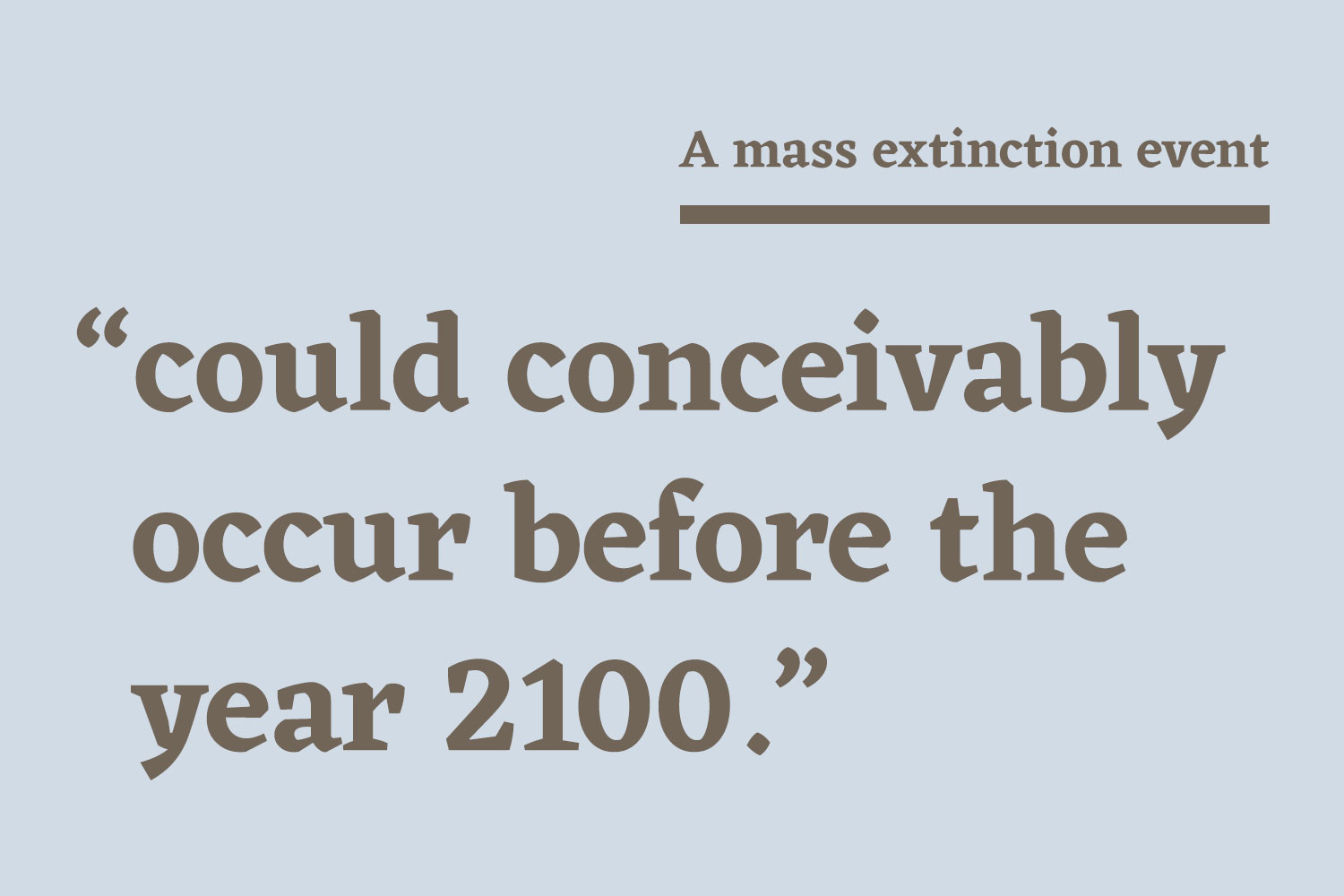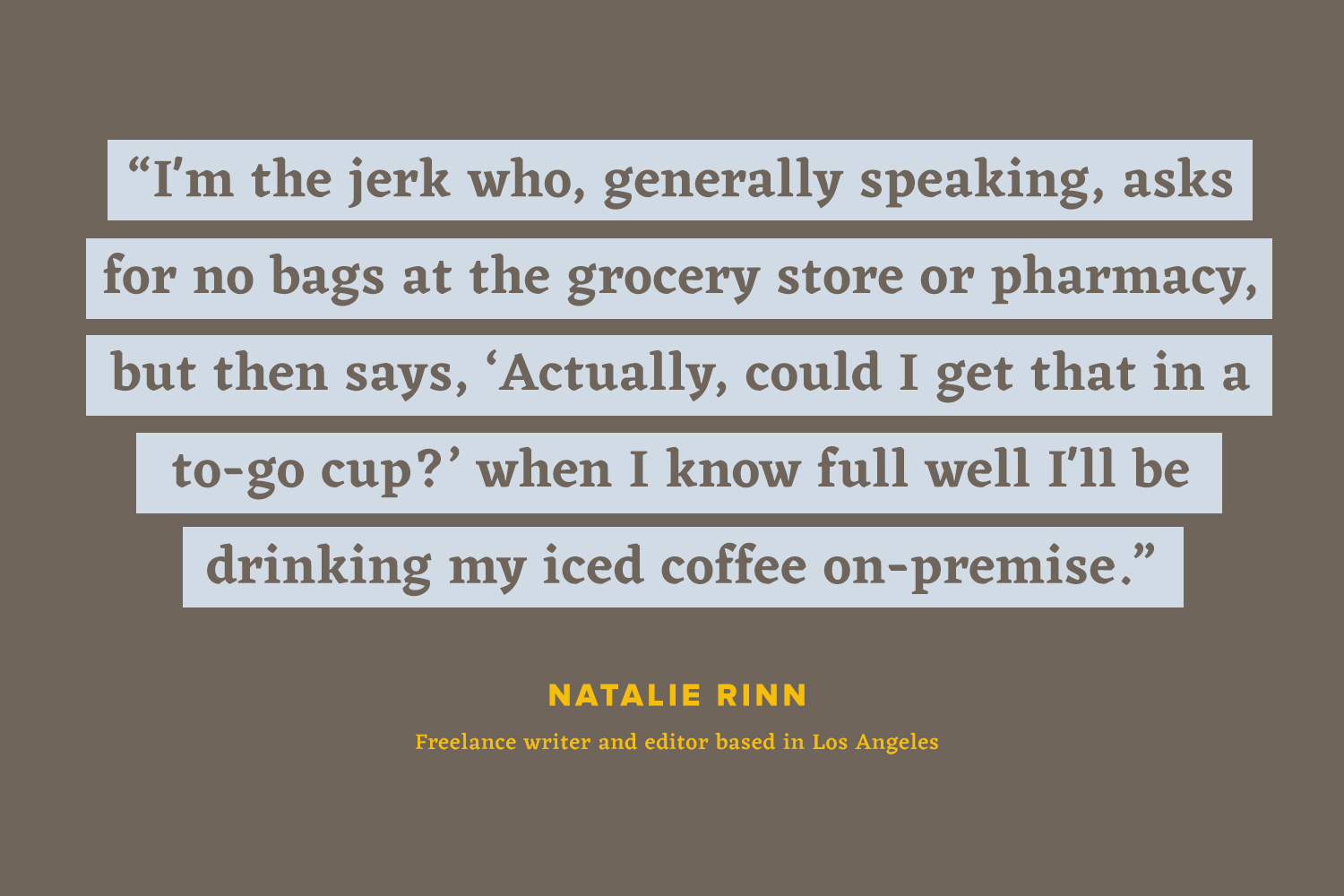Our Green Gaps
How our daily actions fall short of our goals to fight climate change.
GreenGap_Animation_02_v2-FINAL
GreenGap_Animation4
GreenGap_Featureimage
Editorial
–
GREEN GAP
The disconnection between our good intentions and our daily actions
when it comes to the environment and climate change.
–
Our Apocalypse Fatigue
From the moment I get out of bed, I feel like every decision I make is a test of how committed I am to fighting climate change. My spirit animal is an angry owl shaming me with a hard stare from his branch on a withering tree.
Thank God I have not yet succumbed to the seduction of the coffee pod. But how sustainably is my essential cup of morning joe actually harvested? What’s the total footprint of the thousand-odd cups I knock back every year? Being the editor of an environmentally conscious magazine, I should probably keep track. We all should. The pride I feel when I hop on my bike to get to work is evident —I give myself a mental pat on the back— but on the weekends, I zip around the city by car covering much more ground. At home, I compost, I recycle, I shop at zero-waste grocery stores. But when at work, time flies, and I often end up picking up quick lunches wrapped in so much plastic packaging that I have to try and squeeze it far down into my small office garbage can so my colleagues won’t notice.
Every day is made up of tiny victories, and, hopefully, negligible failures, which, in the end, paint my personal footprint a pretty pale shade of green.
These past months, I’ve come to seriously wonder, if most of us know to some degree what’s best for the environment, why do we make the “wrong” choices again and again: the organic carrots elegantly packaged in a non-recyclable Styrofoam tray, the heart-shaped palm oil chocolates at the pharmacy counter, the flight to Hawaii for a much-deserved vacation… We may never be able to know the full significance of our individual actions, but we sense the bigger picture. Our collective wrongdoings do amount to some striking statistics and truths about our everyday paradoxes.
Here are just a few that may pinch your heart:
So yes, we — both individually and collectively — have a hard time walking our talk when it comes to the environment. This is what David Owen, prolific author and long-time writer for the New Yorker, describes in the latest issue of BESIDE Magazine as the “Green Gap.”
“Most of the putatively climate-friendly behaviour changes that I and other reasonably concerned people have adopted during the past couple of decades —recycling our trash, upgrading to more energy-efficient appliances, buying produce at farmers’ markets, bringing our own shopping bags to the grocery store— have been minimally beneficial, sometimes even counterproductive.”
“The main effect has been not to halt the world’s accelerating slide towards catastrophe, but merely to relieve the consciences of the guiltiest parties, often while making the underlying problems worse. The disconnect between good intentions and useful action has been referred to as the Green Gap. It’s the place where most of us live.”
David Owen
The concept does not apply to individuals who want but cannot afford to make more environmentally friendly choices. Neither does it apply to people who need to be convinced that climate change is real. The Green Gap concerns all of us who could afford to pick a more responsible option at checkout, go the extra mile to change a daily habit, and vote the party with the strongest environmental policies into office.
–
The Climate Change Diet
We can no longer blame our disconnect on a lack of knowledge. We are being fed a pretty hearty diet of alarming facts about climate change. Here are just some of the most impactful statements from the scientific community that media outlets across North America circulated in 2017:
What strikes us as problematic, though, is how the media largely focuses on demonstrating the seriousness of climate change and nature’s impending peril as a result. This tends to polarize the debate between the two dominant voices, climate change “believers” and “deniers,” even further, offering equal coverage to each side (even if, in reality, one of these voices represents a small minority both in the scientific community and the public). Dan Kahan, a professor at Yale Law School, explains that our “position on climate change has come to signify the kind of person one is,” which would be good news if it meant acting on those values. But with the conversation so polarized and sterile, action is of lesser importance.
Bold stats might also thwart our best intentions. The larger the piles of data we read on ocean acidification, loss of biodiversity, or the myriad quantitative economic goals that policymakers set to overcome climate change, the more distant we feel. It is fundamentally difficult for us to absorb information that is far away in time (think 2100), in distance (think the Arctic circle), and in scale (think earth’s temperature), and react personally.
In recent months, the stories we hear have become more relatable; California, Puerto Rico, Florida. But even these tragedies are difficult for us to link back to the impacts of our daily actions. And there is a risk to focussing on the scenarios of a climate apocalypse. Journalist David Wallace-Wells was criticized over the summer for publishing a story in New York magazine predicting that:
“It is, I promise, worse than you think. If your anxiety about global warming is dominated by fears of sea-level rise, you are barely scratching the surface of what terrors are possible, even within the lifetime of a teenager today. And yet the swelling seas — and the cities they will drown — have so dominated the picture of global warming, and so overwhelmed our capacity for climate panic, that they have occluded our perception of other threats, many much closer at hand. Rising oceans are bad, in fact very bad; but fleeing the coastline will not be enough.”
David Wallace-Wells
These apocalyptic statements can trigger a lot of guilt. But even worse, we get accustomed to them over time, even secretly thrilled by them. We become desensitized from the reality that is slowly hitting us.
–
CLIMATE PORN
The sensationalism of alarmist news about climate change becoming a secretly thrilling, apocalyptic construct of our cultural imagination rather than a constructive message.
–
According to Norwegian economist and psychologist Per Espen Stoknes, what we come across in the media is generally “abstract, doom-laden, fear-mongering, guilt-inducing, and polarizing” information that contributes to making us feel only more helpless, desensitized, and paralyzed by guilt. So there are reasons to believe that what’s behind our inability to stick to what we know and hope for the environment comes from a fear of what we might lose if we made all of the appropriate changes to live up to our ideals. It’s too easy to simply blame media sensationalism for our own Green Gaps, or blame our policy makers for not restricting us more in order to adopt better habits (David Owen suggests strategies for making traffic worse, to discourage us from taking our cars). Instead, we could wonder what would happen if our discomfort became part of the narrative.
What if we started by acknowledging that we fail, as individuals, a little bit every day to address climate change directly in our lives? There actually might be some value in knowing that your neighbours are just like you, doing a little bit better or worse from one day to the next. We may not see our aggregated actions making a difference on a large scale, but exchanging our shared difficulties in overcoming “apocalypse fatigue” might enable us to find better ways to fill our personal gaps.
–
Green Gap Diary
Collective Confessions
Since we here at BESIDE have become able to put a tag on these everyday actions that fall short of our responsibility to the environment, our office has become a bit of a laboratory for documenting and reporting our Green Gaps. Some of us still drive to work, some of us continue to order takeout, we leave electronics charging all night, but we also hold each other accountable, which can get pretty hilarious sometimes.
Nonetheless, we are not alone, not by a long shot, in facing these daily paradoxes of the global citizenry. So we decided to reach out to a bunch of professionals — illustrators, writers, musicians, entrepreneurs, visual artists, and scientists — who we know are deeply concerned with the state of our climate and aspire to live in a healthier and more sustainable world, to see what challenges confronted their day-to-day lives. Their responses came in like a tidal wave of sincerity. We’ve pieced these confessions together into a diary for you to enjoy, with the hopes of kick-starting a different kind of conversation, one that stems from a more personal and positive place.
Perhaps this will be the key to start crafting more realistic solutions…
“I’m a good person. I always pick up any piece of garbage I see in a national park, but I also burn 80 litres of diesel fuel to get there.”
Jeff Spackman - Outdoor and adventure photographer based in Alberta

“It feels good to be able to enjoy non-polluting activities in harmony with nature, but you paradoxically have to drive for hours to get there.”
SÉBASTIEN THIBAULT
–
Illustrator from the Gaspésie region whose editorial work is inspired by the social and political issues of our time
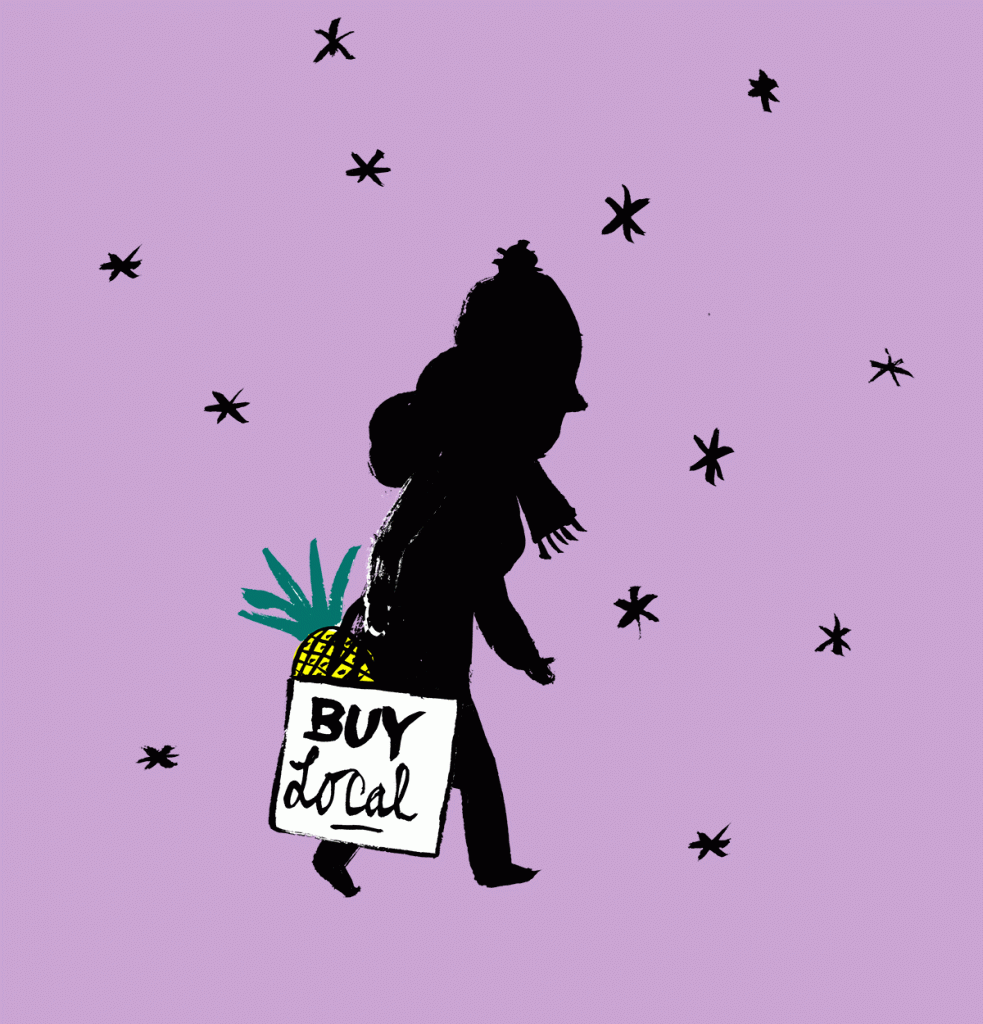
Catherine Lepage
Author, illustrator, and co-founder of design studio Ping Pong Ping
“We bought an electric knife for one reason alone: slicing our sandwich bread.”
Christine Beaulieu - Actor, author, and creator


“I’ve got a geothermal system set up at home… but I still can’t dip my toes in the water if my pool isn’t heated.”
Jean-François Bouchard - Visual artist, founding president of creative agency Sid Lee, and head of the C2 board of directors

“The only way to cure my hangovers: taking baths, sometimes 4 of them.”
–
Vincent Bilodeau
Animator director and artistic director
“Tomorrow, I’ll be flying to Palm Springs, California, to give a talk about water—and I’ll be taking my golf clubs.”
David Owen - Staff writer at the New Yorker and author of over a dozen books
“During the winter, because I’m really tough, I proudly keep my heating at no higher than 18 °C [64 °F]. It’s the perfect chance for me to spend the day in my nice wool sweaters, thick Christmas socks (even when it’s not Christmas), and oh-so-comfortable (and ugly) jogging pants. Problem is, at night, to defrost, I take a hot shower for at least 15 minutes.
“Well done, Boulerice.”
Simon Boulerice - Actor, playwright, director, poet, and novelist
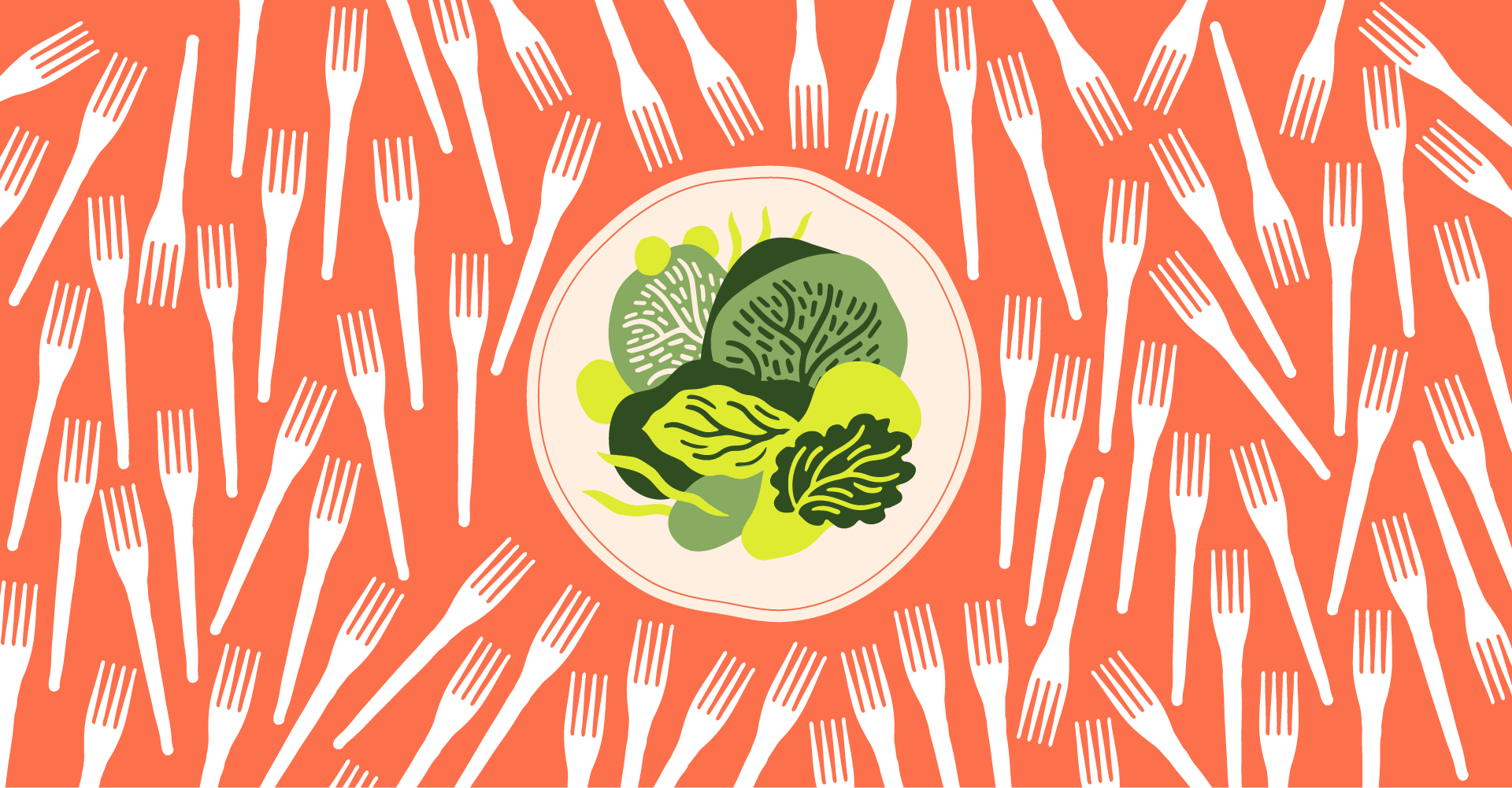
KANE TCHIR
Founder of the multi-dimensional illustration and art studio NICENOTHINGS based in Vancouver
“I carefully prepared some healthy food for my unsupported expedition crossing the Chugach Mountain Range Icefield. I’m sick of eating airport food, and I am against GMOs and other chemical products ending up in my body. However, on day 14 of our journey, my expedition partner Børge Ousland took a big bag of marshmallows out of his sled. We ended up grilling them over the stove with the help of our extra tent poles. I felt guilty in the end!”
Vincent Colliard - French polar explorer, adventurer, and co-founder of the IceLegacy project
“I’m constantly doing mental calculations for my own personal carbon ‘guilt-print’… If I’m not having children, how many flights per year does that allot me? If I reside in an urban area and stick to public transportation, can I get away with a little extra time in the shower?”
Ksenya Samarskaya - Brand consultant and founding member of the graphic design studio Samarskaya & Partners
“I have yet to find a meal that cooks itself better than a steak. I know that our meat consumption is prodding us toward our own extinction, but when I’m on the subway after a long workweek, I can’t conceive of a five-minute meal that tastes anywhere near as delicious as a lightly seasoned, fat-encased, pan-seared hunk of flesh.”
Aliya Pabani - Host of The Imposter podcast based in Toronto
“Sometimes, I take my car out for no other purpose than filling it with gas.”
Philippe Brach, Singer-songwriter
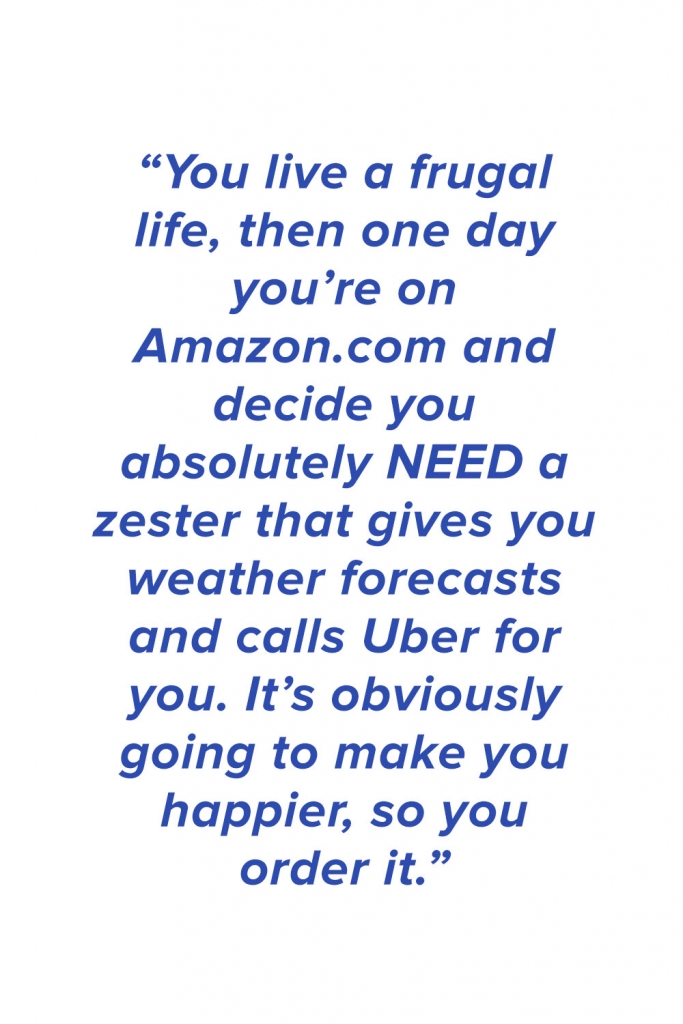

Valentine Thomas
Spearfisher, accomplished chef, and ex-lawyer
–
“My long-term documentary photography project uses an aerial perspective to examine renewable energy development. I usually fly in small helicopters and airplanes to shoot this project. Thus, I am adding to my carbon footprint, while promoting ways for us to reduce our collective footprint.”
Jamey Stillings - Photographer and founder of the Changing Perspectives project based in New Mexico


“I can describe in detail why factory pork is an environmental and ethical nightmare, but I still treat myself to a delicious sausage whenever I pass through the market by my house.”
Mark Mann - Writer based in Montréal and Toronto
“I consider myself to be conscious about climate change, but each day, I turn a blind eye as I fire up my old diesel Land Cruiser and a big puff of smoke fills the forest behind my place…”
Shayd Johnson - Outdoor photographer and amateur sasquatch researcher based in Vancouver

“Living in Europe, I do everything I can to travel by bus or train so as to lower my carbon footprint, but my Green Gap includes six flights over the last three years to Italy, Croatia, America, Japan, France, and Finland.”
–
Kaori Mitsushima
Freelance illustrator based in Prague
“I have over 200,000 lifetime flight miles with United Airlines, from flights taken both for work travel and for adventures around the world. This yields me a whopping 35,000 kg carbon footprint, heavier than a Sherman tank. All the while, I love the benefits frequent flyer status gives me, including upgrades, which actually worsen that footprint!”
David Jalbert-Gagnier - Principal at Objective Subject, a design firm in New York City
Holiday Paradox
Cellophane Christmas
On 24 December, our thoughts, actions, and appetites clash unlike any other time of the year. A day on the edge of a nervous breakdown, by columnist Catherine Ethier.
Intoxication and After Eights! The holidays are drumming their long, lacquered nails on our patio doors, a little too close for comfort. And what’s their little ditty telling us? Oh, right. That good ol’ Saint Nick is on his way with shovelfuls of stress and a wallop of doubt — that is, if you haven’t been living under a rock for the past six months. Because even though you may have proudly signed the Pact for the Transition to fight climate change or bought a couple of tote bags to do your groceries, you still have to deal with all the crises and contradictions of the holidays.
So let’s imagine the notorious 24th of December. You know, the one where even the best of us realize they still need eight packs of bath salts to fill the tubs of those who’ll receive them (with dread), dinner for 27 people, and a gift card for that weird cousin you don’t really like, but hey, that’s who you were lucky enough to draw this year.

Getting Around
Have you ever gone Christmas shopping by bus? Well, I have. I’ve been doing it for years — and not because of the halo around my head, but because I don’t have a licence. Yes, I’m just that charming. Last year, my nieces JUST HAD TO HAVE a hip cloth teepee to set up as their HQ in the basement. Yet, despite my green heart, dragging a teepee with its six-foot wood poles all the way back from Carrefour Laval was not my idea of holiday magic. Oh, by the time I got home, I was proud of my righteous broke-ass eco-responsible transportation choices. However, I won’t hide the fact that I nearly threw myself at the first SUV I saw to beg the driver to take me around the shops. To wait for me in front of the Eaton Centre, guzzling gas and crooning Bing Crosby, to make sure my pelvis was nice and warm when I got back; to swerve around parking lots swarming with lunatics and their bloodshot eyes, ready to run you over for that spot in front of Simons; and, while we’re at it, to finish off Mother Nature by waiting in line at the Starbucks drive-through for a candy cane latte and a straw (which I’ll be sure to label for the sake of the turtle that’s going to end up with it stuck up its little pink nostril).

Buying Stuff
Every year, I resolve to curb my purchases and get ready to give a speech: “Instead of wasting three-and-a-half minutes on a gift exchange that’s not going to make anyone THAT happy, why don’t we forget the presents altogether, huh? Next year, no gifts!” Well, on the 24th I end up running all over the city, EVERY SINGLE TIME. Panting, I pray to baby Jesus to help me find new ways of making my loved ones feel incredibly awkward because I got their personalities so completely wrong. Sometimes, thinking I’m so darned shrewd and clever, I buy everything online, far from the madding crowd of last-minute shoppers. It’s only when these Boeing-carried goods are unwrapped that I want to don a dunce cap and retreat to a corner to think about what I’ve done. It’s when I realize the neck warmer I bought for my sister came in a 6 x 4 metre box, entombed in three layers of bubble wrap — neck warmers are really brittle, you know. And that’s not even counting the little ones who’ll shred their presents without saying “thank you,” pupils dilating and cake holes howling in front of all that flashy paper that’s going straight to the trash, buried under a pile of crap they won’t remember in four days.
What’s great about Christmas is that it fills me with glee, right? RIGHT?
Let’s continue, with red cheeks and fine mohair scarves flapping in the wind!

Eating Stuff
After 8 p.m., once the little salmon puffs have been ingested, my favourite moment rears its head: the face-stuffing. But wait, this year, what are we eating? Tenderloin. ARE YOU OUT OF YOUR FLIPPING MIND? With the 30,000 litres of water needed to fatten a piglet, the rivers of methane expelled from the asses of long-lashed bovines. and the cruelty — from transport to slaughter — it’s out of the question. Turkey? Hardly better. And what am I going to tell my mom when, to be fancy and sweet, she serves foie gras on rusks crafted with her own hands? As someone who’d always sworn never to consume what amounts to an act of avian terror, I didn’t know what to tell her last year without breaking her heart. Was I really that insufferable girl who waltzes in with her principles, who makes grandma cry and spoils everyone’s Christmas Eve and After Eights? By the way, can you recycle those little black After Eight wrappers? CAN SOMEONE GET ME A BROWN PAPER BAG SO I CAN BREATHE FOR A SECOND? Oh, great. Bubble wrap. That’ll do.

Getting the Hell Out
Have you ever tried leaving your host’s place empty-handed? Even if you have zip-up boots, there’s no one alive who can escape a Christmas celebration without a batch of cookies sealed in cling wrap, a Tupperware of pea soup, a Ziploc filled with gravy, an assortment of soaps from Provence beautifully packaged in an acre of cellophane, two white Jean Coutu bags crammed with the bread Aunt Suzanne can’t bear to keep in her kitchen a second longer, and three bottles of water, “because you look so, so dehydrated, Cathy.” That’s just the way it is: you’re a good host when you shoot handfuls of water bottles at your loved ones. Even if, to have a clean conscience, you wrapped your gifts in repurposed cold cut waxed paper (the kids will revel in the wafts of bologna aromas), you’ll get home with enough plastic to build a nice big raft so you can drift towards the land of “It’s the thought that counts” and promise yourself that, next year, everything will change.
Hugs.
______
Author Catherine Ethier is the witty wordsmith behind “La bise,” a biweekly column appearing in the newspaper, Metro. Although she sets her keyboard aside for her role on the TV show Esprit critique, and occasionally participates in insightful and entertaining discussions about current events on On va se le dire. In January 2020, Ethier will co-host the program Une heure unique de radio with Chantal Lamarre on ICI Première.
Why We Fail
Getting Better at Feeling Worse
How to violate your instincts and do something that matters for the environment
It’s a surreal time to be a human. We’re trapped on a collision course with global climate disaster, and even though we know the facts, we still can’t take our foot off the gas—literally. Why? The short answer is that our brains are tragically out-of-date.
Despite all of our technological advances, we’re still better suited to the ancient world, whose violent dangers shaped our evolution and defined our core instincts. So, when it comes to the react-or-die processing required to survive in the wild, our minds are fantastically well-adapted. But when a threat unfolds slowly and almost imperceptibly across the entire planet, the otherwise magnificent organ inside our skull simply lacks the programming to respond appropriately.
Still, despite our deeply ingrained prehistoric mindset, we are capable of abstract thought, which at least allows us to comprehend the reality of climate change. This creates a conflict between our theories and our instincts, which in turn leads to a condition that psychologists call cognitive dissonance. Simply put, cognitive dissonance is what happens when our beliefs and behaviours don’t match. In environmental terms, these clashes between our ideas and our actions are our “Green Gaps.” And yeah, they feel terrible.
Since cognitive dissonance is so uncomfortable, humans have all kinds of mental tricks to avoid consciously experiencing it. But we need to let ourselves experience that dissonance, because it’s going to motivate us to actually change our behaviour. “Dissonance is ultimately going to drive us to become better people over time,” says Dan Meegan, a cognitive scientist at the University of Guelph in Ontario.
Here are three subtle things we do to protect ourselves from the truth about our behaviour, and some tips on how to short-circuit our defence mechanisms.
_______________
Avoidance Mechanism
Having a superiority complex.
_______________
Most people overestimate their pro-environmental behaviour, particularly if their neighbours aren’t as conscientious. “I think it’s real easy for people to not experience dissonance at all, as long as they can look around and see an example of a neighbour or a friend who is worse than they are,” explains Meegan.
Fact: Social norms aren’t the standard.
Conforming to group norms is an evolutionary drive. “We evolved in an environment where we were in communities of people, and so the way groups of people have been able to thrive together is by having sets of rules that we all follow,” explains Meegan. But if we use our group norms as a baseline, it’s easy to feel good about ourselves, because most people put very little thought into how their actions contribute to climate change. Since the actions and behaviours of the majority set a very low bar, don’t congratulate yourself for jumping over it.
How to overcome it: Get used to feeling weird.
Society sneers at people who go against the norm to perform pro-environmental behaviours. “We call them snobs. We call them elitists. We have all sorts of negative things to say about people who are doing good things,” says Meegan. The reason? Avoiding cognitive dissonance, of course. “Instead of hating yourself and changing your own behaviour, your first instinct is to hate this person who is doing something that isn’t the norm in our little society.”
You might feel defensive when you get called a “tree hugger,” “granola,” or other pejorative term (want to read something cruel? Look up environmentalist on Urban Dictionary… or don’t), but don’t take the bait. Become an environmentalist, but be humble, be compassionate—remember, we’re all just stuck in survival mode—and do your thing. Social norms really do change, but not unless some people are willing to take a little heat.
_______________
AVOIDANCE MECHANISM
Being bad at math.
_______________
Most of us do some form of mental accounting, where we tally up the good and bad things we do. We then unconsciously “spend” the good actions to justify our environmentally harmful behaviours. Psychologists call it moral licensing. In other words, if you always bring your reusable bags to the grocery store, you can justify buying coffee in a to-go cup once and a while.
Fact: Our good deeds often aren’t that good.
In order to feel free to do what we want, we tend to give a lot of weight to our good deeds, and minimize the bad. “The little trick we play on ourselves is that we make mountains out of mole hills,” says Meegan. “We make it really, really easy to pat ourselves on the back for the little things that we do.” Don’t kid yourself: practicing Earth Hour doesn’t balance the GHG emissions from burning jet fuel to go on holiday.
How to overcome it: Use a calculator. Seriously.
There are calculators that calculate the carbon costs of all the little things we do on a daily basis, like this one by the Nature Conservancy. “Be honest with yourself about the consequence of your actions and quantify those things in an accurate way,” advises Meegan. Of course, if you do the real math, corporations are far more culpable than any individual. You may do the most good by pitching in to social and political movements that strive to hold industries accountable.
_______________
AVOIDANCE MECHANISM
Living in the moment.
_______________
From an evolutionary perspective, today is always a safer bet than tomorrow. Consequently, we have a pretty bad blind spot in the area of long-term thinking. “When your job is to survive long enough to pass on your genes, it’s really a short term type of thing,” explains Meegan. Humans today suffer from what psychologists call temporal discounting: discounting the future relative to the present.
Fact: Nature won’t wait for us to figure it out.
We’re optimistic creatures, but nature doesn’t promise any happy endings. “Through human history, there are all sorts of examples of societies that ended up sabotaging their own survival because they weren’t able to use foresight on a collective level,” says Meegan.
How to overcome it: Automate tough decisions.
Temporal discounting is difficult to overcome on a choice-by-choice basis, but we can outsmart ourselves by removing the need to choose. A good example is saving for retirement. Since we always prefer immediate rewards over distant ones, even if it means suffering later, financial advisors suggest automating savings deposits. While many pro-environmental choices need to be made in the moment, others can be made in advance, during moments of better willpower and smarter thinking. For example, you can take the pressure off of buying cheap industrialized produce at the grocery store by signing up for a Community Supported Agriculture (CSA) food box and getting local organic produce delivered to your door.
A Life Choice
About a Vegan
Journalist and radio host Matthieu Dugal tells the story of how he became vegan, despite his visceral love for lamb chops.
Quite honestly, I never thought I’d write this. It’s not exactly easy to do given how much people from all walks of life judge this lifestyle. I’m clearly not getting any likes, friends, or gratitude for this confession. When I’m done, I promise to never mention it again.
Long story short, about a year ago, my girlfriend started her 21-day vegan challenge. I say ’her,’ because had I started off by saying ‘Okay, I’m doing it with you,’ I would have already been picturing my glorious return to omelettes, rosemary lamb chops, osso buco with extra parsley, tender tilapia, and delicious sausages of all kinds. Because I love meat. I’m crazy about it.
I’m a pretty big fan of fish too. Black cod in a butter sauce? Tuna steak with a balsamic reduction? Thick-cut salmon drowning in lemon juice? Bring it on. And don’t even get me started on cheese. Dates stuffed with blue cheese? Yes, please.
But, hey, if I was going to deprive myself for three weeks, I figured I might as well find out why. I’ll to be completely honest with you (and with her): Even though I really love my girlfriend and I think her online presence is awesome, I’d never tried to understand the reasons behind her veganism. In fact, her posts and persistent enthusiasm used to get on my nerves (just a little, though). Besides, I told myself, we’ve been eating meat for thousands of generations. From an evolutionary standpoint, it’s as normal as it gets. And seriously, we’re at the top of the food chain. We’re predators like a thousand other predators in the animal kingdom. Spare a thought for the suffering of lesser beings? Fuck that. Cage aux Sports!
In other words, I thought vegans were a little over-the-top with their fanatical prohibitions and refusal to enjoy scarfing down good food.
You’ve probably noticed by now that science is one of the main beacons that guides me through my earthly existence. During these three weeks of research, I attempted to approach this lifestyle from a critical point of view and I came to realize a few things. It’s true that certain vegans border on ridiculous; they almost sound like Jesuits telling natives there’s a God far greater than theirs that they need to welcome into their hearts. Apart from that, though, veganism makes a lot more sense than a meat-based diet. By one hell of a wide margin.
Strictly from a thermodynamic point of view, eating meat is a bit as though we were still heating our homes with coal. The amount of energy and water we need to produce a kilo of meat, milk, or butter is simply unsustainable if we want to be able to keep feeding the 10 billion people who will soon inhabit the earth. There are 70 billion livestock in the world. The food, fertilizer, and medication we give them, and the shit they produce, amounts to an environmental catastrophe of the same order of magnitude as Trump insisting on opening oil drilling areas like they’re McDonald’s franchises. River and ocean dead zones, created by industrial agriculture’s heavy use of fertilizers (mainly to feed livestock), are suffocating even the hardiest ecosystems.
If everyone avoided eating meat, the number of farms required to feed everyone would be 20 times lower, and we know for a fact that we need more forests.
And that’s not even counting overfishing: More and more studies show that we’re progressively, and literally, emptying the oceans of all life. For a kilo of fish caught, we kill five kilos of marine biomass. According to many experts, unless you only catch two or three trout once in a while in a lake in the Laurentians, the concept of responsible fishing is a bunch of greenwashing bullshit.
Since Darwin, we’ve also come to understand that we’re only one branch of the evolution of life on earth, and what we thought was exclusive to us, consciousness, is probably pretty common. Neuroscience is unequivocal: Our industrial livestock have consciousness and they suffer. So, on the highway, when I come across a truck full of pigs on their way to the slaughterhouse, when it’s rainy and cold, I figure they’re aware of their painful lives. I’m not being sentimental; it’s scientifically proven. Whether you eat meat or not, it’s something you need to know.
Organic meat, cows in the fields, free-range chickens? That’s great. But the quantity of land required to meet our collective needs is simply impossible to reach. Like many experts, I came to the conclusion that the meat industry is scientifically and environmentally unsustainable.
Such an enormous environmental mess just to have something in your mouth that tastes good? I don’t buy it anymore.
Do we really need meat and milk and fish to survive? No way. It’s far from essential. Is veganism within everyone’s reach? For a bunch of reasons—health, accessibility—no. I’m lucky enough to have a decent income (but seriously, meat is hella expensive) and live where vegan options are pretty much available everywhere. I chose not to have children, so I don’t need to deal with pressure from their school or friends.
I’m also lucky to love food—all of it (in fact, apart from bananas and goddamn parsnips, I’ll eat pretty much anything). I’m lucky to have an incredible girlfriend with whom I enjoy cooking real gourmet food, not just tasteless substitutes for food I actually like.
We already know that collectively, we don’t eat enough fruits and vegetables. Our populations have fibre deficiencies, and that causes a bunch of health problems that are too long to list here. Can we live better by avoiding eating meat? We sure can.
It happens rather frequently that during a shoot, I’ll have to eat out with the team. Am I going to cause a fuss? No. If you invite me over, I’ll probably grab a slice of your dry sausage before dinner. And I still eat oysters (until proven otherwise, oysters have no consciousness and farming them doesn’t endanger the oceans). Do I feel righteous? No way. I’m as full of contradictions as the next person. But I own up to them, and I’m open to discussing them.
I’d really like to thank Marianne, my wonderful girlfriend, who helped me realize all this by initiating this change, which isn’t nearly as hard as it looks.
Is my choice a way of condemning my colleagues and friends who do things differently? Not at all. I’m not going to speak out against something I did for decades.
You can judge me quietly, or not. But I hope you’re still going to talk to me. I’m still going to laugh at vegan jokes (a lot of them are really funny). I love you all. I wish you a great year, no matter who and where you are.
And thank God beer is vegan.
________
Matthieu Dugal has been a journalist, radio host, and columnist for the past 20 years. He’s contributed to Le Devoir, La Presse, Voir, and ICI Radio-Canada Première, where he hosts a show called Moteur de recherche, which covers science, the environment, health, and technology.
Afterword
We are perfect*
“Even if I knew that tomorrow the world would go to pieces,
I would plant my apple tree.”
— Martin Luther
In this unique amalgam of stories about how we fail to honour the earth that hosts us with appropriate etiquette, I actually hear a tenor of hope. It’s a community of people saying, “This is how I wish I behaved, but this is how my lizard brain reacts instead.”
Social media marketers figured this out a long time ago. They know that the loftier our ambitious humanistic aspirations, the more susceptible we are to falling for the easy and comfortable options scrolling down our screens: autoplays of cat videos on Facebook, ready-to-cook dinner delivery services, a one-click purchasable juicer on Amazon that inspires us to buy more fruit than we’d normally ever consume, only to watch it go bad on our countertop.
We’re hard-wired to operate within a system that, by design, lures us into making choices that are damaging to both our health and our environment.
But that’s no reason to bang our heads against the wall. We might feel helpless at the fact that the planet is heating up, we might disappoint ourselves from time to time, but we must also recognize and acknowledge our strong desire for change and our astounding track record for reaching new social and environmental milestones. As climate change journalist and creator of the now defunct New York Times’ Dot Earth blog states:
“In our variegation and imperfection, we humans —with motivation and sustained work— are perfectly suited for surviving, and perhaps thriving, in a consequential, complicated century and changing climate.”
Andrew Revkin
The more we visualize our immediate impact on the environment — how we pollute our air, how our stuff is made, the shelf life of our most common goods — the harder our discomfort will be to silence. And switching to more environmentally friendly choices won’t be a luxury anymore, it will be a necessity. After all, necessity is the mother of invention.
This feeling of urgency has already begun to inspire scientists, entrepreneurs, and citizens alike to make bold and creative changes in their lives: the fisherman who has adopted sustainable ocean farming methods, the entrepreneur who uses beekeeping as a tool to unite communities, the ecotourism-funded biologist dreaming up ways to save coral in the South Pacific Ocean. These people are committing their lives to bringing us choices that allow us to have a positive impact on the world. These are the stories we should hear more of: stories of the glass half full.
“The more we tell these stories, the more we will begin to live them.”
Per Espen Stoknes
In order to feel this urgency in our daily lives, it’s been proven that positive peer pressure can actually help bring about motivation. If, for example, you saw a poster on the subway stating: “90 per cent of people in your neighbourhood are actively composting and therefore cutting their waste production by half,” chances are you’d get your hands on a bin yourself and start filling it right away. Call it FOMO, call it our competitive side: there is no wrong way to inspire positive action.
In the end, radical change on a large scale isn’t going to happen by shifting the blame around. It’s going to happen by voicing our discomfort, demanding to be presented with better choices, and holding ourselves and each other accountable for the stewardship of our planet, so that gradually, acting in favour of the environment becomes effortless. And our lizard brains can fool us no longer.
–
*The title of Andrew Revkin’s TED Talk on our behaviours and climate change.
–
